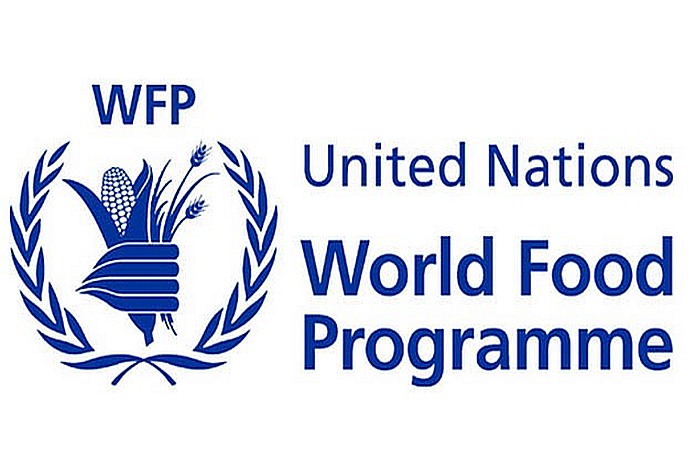ROME, Italy – The United Nations World Food Programme (WFP) is ramping up its emergency food assistance to more than 30,000 people affected by the spillover of the Sahel armed conflict in the Savanes region in northern Togo – including refugees, internally displaced people (IDP) and members of the host community.
Thanks to a financial contribution from the European Union’s Civil Protection and Humanitarian Aid Operations department (ECHO), and in partnership with the National Civil Protection Agency (ANPC), WFP has begun distributing cash to help affected people purchase food. This includes primarily those affected by conflict and displacements.

“This EU’s funding comes at a critical time as it enables us to respond rapidly to the food and nutritional needs of those who have been forced to flee their homes and abandon their belongings, businesses, and food sources,” said Aboubacar Koisha, WFP Representative and Country Director in Togo.
To further safeguard the nutritional status of the most at-risk groups and prevent malnutrition, WFP is also providing a fortified cereal to pregnant women and/or breastfeeding mothers, and to children under two in addition to the cash transfers.
“The government counts on the solidarity of partners such as WFP and the EU, the humanitarian arm of the European Union, to guarantee the well-being of vulnerable populations by minimizing the impacts of crises,” said Yoma Baka, director general of the national civil protection agency, representing the minister for security and civil protection.
The spillover of the Sahel crisis has forced more than 27,000 people mainly women and children from Burkina Faso to flee their homes and seek refuge in northern Togo, in addition to 32,000 Togolese internally displaced due to insecurity. Most of the refugees and IDPs depend on the generosity of host families, government, and aid organizations’ support for their survival. WFP has been supporting the government’s response plan by providing rapid initial assistance starting in February targeting the most vulnerable IDPs, refugees, and members of the host community.





